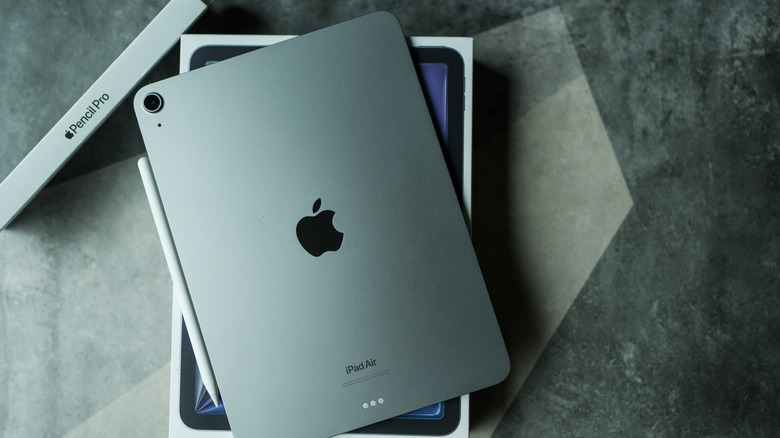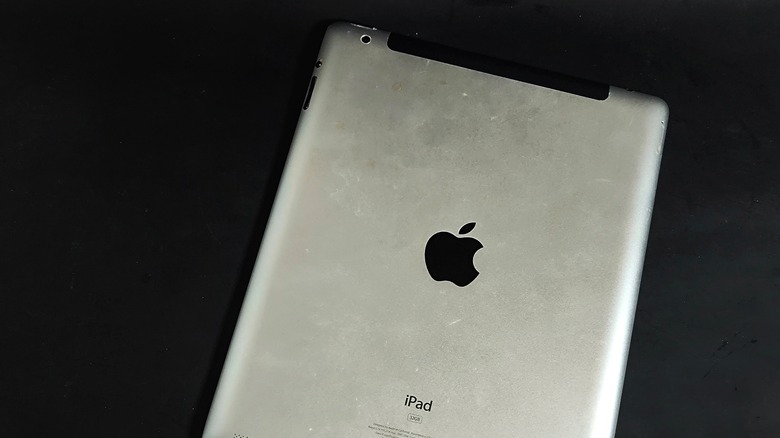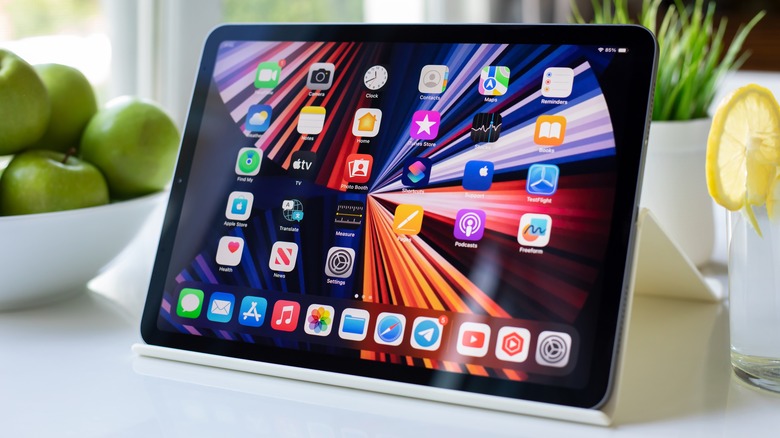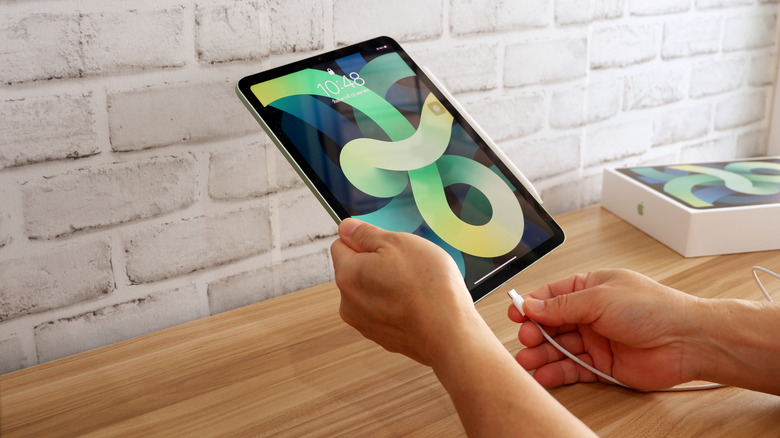How Long Does An iPad Last? (And Tips To Extend Its Lifespan)
Apple introduced the first 9.7-inch iPad in January 2010 as an intermediary device between the Mac and the iPhone. While there was a time when iPads were used just to quieten children throwing tantrums by playing nursery rhymes on YouTube Kids, that time is long gone.
Fast forward to today, and iPads have transformed into more than just a bigger version of an iPhone. From helping students worldwide go paperless and avoid having to carry around bulky backpacks to becoming a replacement for MacBooks, the iPad has come a long way — the latest iPads are powered by the same Apple silicon chips that power Macs.
Depending on the model and configuration you're considering, an iPad can land on the higher end of the price spectrum. This might make you wonder — does the high cost guarantee durability? How many years can you go before needing to buy a new one? There isn't a one-size-fits-all answer when it comes to how long iPads typically last. A lot of the durability answers depend on which iPad you have, how you treat it, how often you use it, the type of work you do on it, and frequently, a little bit of luck.
So, whether you're getting an iPad for your child's birthday or are wondering if your current iPad will endure through your degree, let's take a look at how long iPads typically last and what you can do to make sure it reaches its full potential.
How long do iPads typically last? According to Apple and experts
Experts at Asurion claim that while an average iPad should typically last a user at least five years, it's entirely possible it can exceed that, given you don't use it for intensive tasks and maintain it well. While Apple hasn't explicitly stated how long an iPad should ideally last, we can make some educated guesses based on a few policies.
Products that Apple stopped distributing for sale more than five and less than seven years ago are considered "vintage" according to the company. At the time of writing, 16 different iPad models fall into that category, with the fifth generation iPad that was released in 2017 being the latest. Ultimately, this trend suggests that Apple anticipates iPads to remain functional and relevant for at least five to seven years.
Similarly, products that Apple stopped distributing for sale beyond seven years are classified as "obsolete," and all hardware services for obsolete devices are discontinued from Apple's end. As of September 2024, 31 different iPad models fall into the "obsolete" category, with the iPad Pro (9.7-inch) that was launched in 2016 being the latest. This suggests that while obsolete devices may still function, Apple does not guarantee compatibility with newer software updates or access to customer support.
This aligns with Apple's typical software support timeline. For instance, the 12.9-inch iPad Pro (second generation), introduced in June 2017, received iPadOS 17 but it won't get iPadOS 18 that was released in September 2024 — beyond the seven year mark.
How long do iPads typically last? According to users
Apple dropping support for software updates for a particular iPad model in no way equates to an iPad model completely reaching the end of its journey. I have an iPad Mini 2, released in 2013, that still functions just fine. While the last update it received was iOS 12.5.7 in January 2023, iOS 12 was the last major software release supported by the Mini 2. It was discontinued in 2017, yet I still have it laying around and can pull it out anytime I need to hand an entertainment device to a child. I also used it as an e-Reader for a while before I invested in an iPad Air 5 for college.
While the iPad Mini 2 does admittedly run out of juice an hour after it's turned on, and most apps can no longer be updated, the fact that it's still running and somewhat usable 11 years later is impressive regardless. Also, there's plenty of users on Reddit who've mentioned that their iPads are still going strong after 5 to 7 years of usage, which aligns with the conclusions we've drawn based on Apple's policies.
How to protect your iPad's exterior to extend its lifespan
Apple devices are built to last, and with the right care, you can get many years out of your iPad, just like I have with mine. A crucial aspect is protecting your iPad's hardware. I've always made it a priority to keep my devices in pristine condition. One of the easiest ways to protect your iPad's exterior is by investing in a high-quality case and screen protector. Depending on your needs, you can either go for a tempered glass protector or a matte screen protector.
While the flagship iPhone currently boasts an IP68 rating for water and dust resistance, iPads still don't have an official Ingress Protection (IP) rating. This means they aren't water-resistant and are vulnerable to damage. So, it's best to avoid using your iPad in areas where it could be exposed to moisture. If you travel a lot and often toss your iPad in your backpack, a waterproof sleeve is also a worthwhile investment.
How to protect your iPad's internal health to extend its lifespan
Protecting your iPad's exterior is important, but that effort will be in vain if you neglect its internal health. While Apple doesn't always have the best reputation for ensuring software updates don't slow down devices, it's still crucial to update your iPad to the latest software. Updates are regularly released to fix bugs and ensure your device remains secure against vulnerabilities. Another factor that determines your iPad's longevity is its battery life and whether you're willing to replace the battery when it becomes considerably degraded. Similar to iPhones and MacBooks, iPads are powered by lithium-ion batteries, and the amount of charge they hold diminishes as they chemically age.
Temperature history and your charging pattern are two factors that affect how your iPad's battery chemically ages. This means it's best to steer clear of extreme temperatures, such as anything higher than 95°F. Make sure to avoid leaving your iPad in hot cars to maximize your iPad's battery life. While Apple says it's safe to leave an iPad charging overnight, a battery warms up as it charges. So, unplugging your iPad once it's fully charged is always a good idea, to lessen the wear on your battery. If you have a newer iPad, like the M4 iPad Pro or the M2 iPad Air, you can limit charging at 80%, which is a neat addition.




